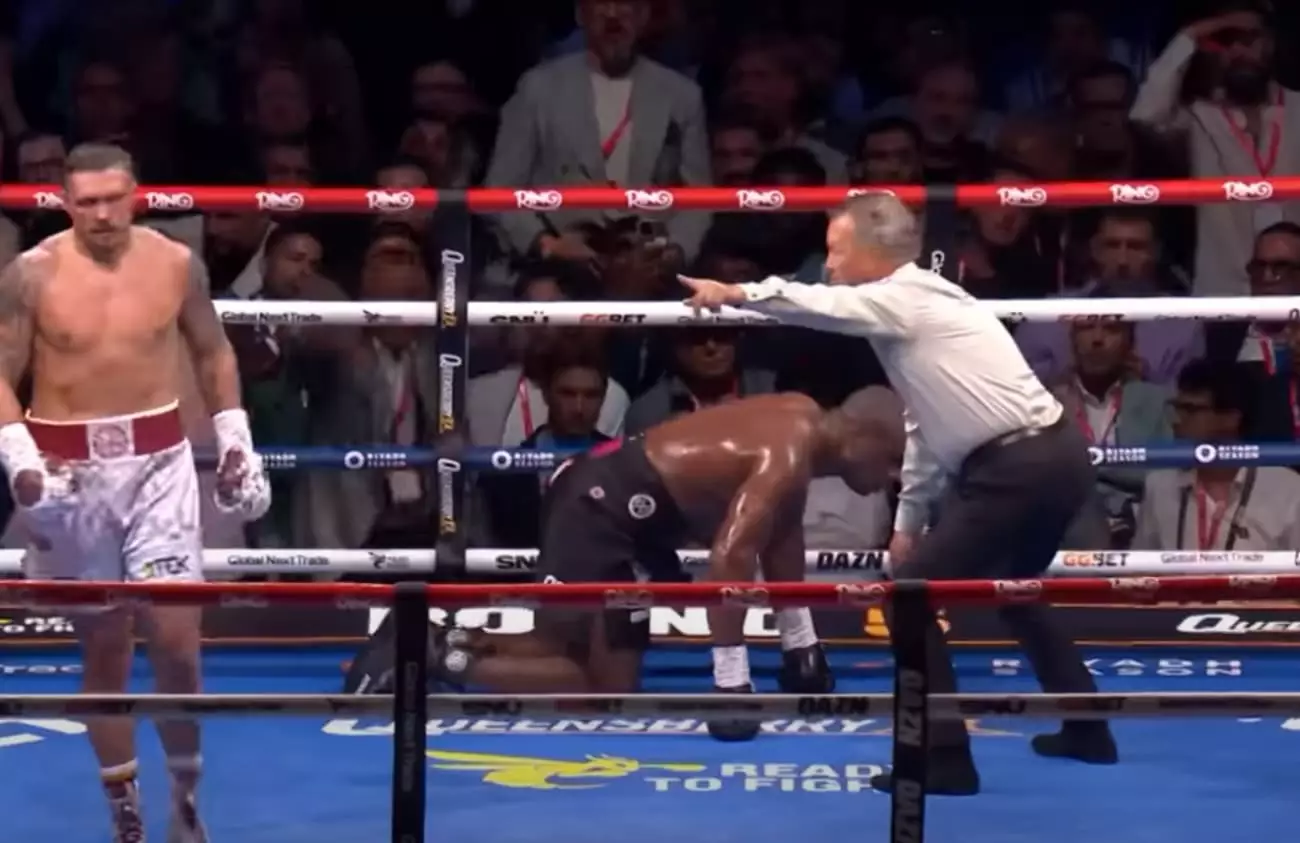In the tumultuous world of boxing, the term “quitter” carries a heavy connotation. It’s often wielded as an insult, a label that can tarnish a fighter’s reputation regardless of context. Yet, this simplistic judgment overlooks the complex realities faced by athletes under extreme pressure. Defensive accusations—particularly when cast hastily by critics—fail to acknowledge the nuanced decision-making behind a fighter’s call to stop. This article aims to explore the myth of quitting and challenge the binary perception that quitting equates to cowardice, emphasizing resilience, strategic survival, and the personal toll of combat sports.
The Dubois-Uysk Encounter: A Case Study in Public Scrutiny
The recent bout between Oleksandr Usyk and Daniel Dubois offers a poignant example of this debate. Dubois, after being knocked down twice in the fifth round, was unable—or unwilling—to rise again. Critics like Derek Chisora condemned him publicly, asserting that Dubois “quit” and had let his team, fans, and himself down. Chatting with Seconds Out, Chisora argued that Dubois had chosen defeat by not fighting on, insinuating that alternative strategies or tougher training could have changed the outcome. His blunt stance reflects a common sentiment—that true competitors push beyond pain and setbacks, never surrender.
However, this perspective simplifies the intense physical and mental toll fighters endure during such moments. A fighter’s decision to cease fighting isn’t always about cowardice but often about assessing one’s health, risking further injury, or acknowledging a losing battle. To label Dubois as a quitter ignores the reality that sometimes, walking away can be a conscious act of self-preservation and tactical wisdom rather than defeatism.
Challenging the Symmetry of “Courage” and “Quitting”
While critics like Chisora focus on the outcome, they miss the broader question: What does true resilience mean? Is it relentlessly fighting until every bone breaks, or intelligently recognizing when to stop? Dubois’s previous loss to Usyk via a ninth-round stoppage revealed vulnerabilities, and if the fifth round was the moment of decisive power from Usyk, then from an athlete’s perspective, it might have been a strategic decision to avoid unnecessary injury.
Fighters—whether novices or veterans—are often unfairly judged based on their willingness or refusal to continue. Critics tend to romanticize relentless persistence, but in reality, the line between perseverance and pragmatic self-care is razor-thin. Just as a soldier might retreat to gather strength, a boxer must sometimes concede during moments of extreme peril. The notion that quitting equals weakness ignores the courage it takes to listen to one’s body and mind under duress—a form of mental toughness that is often more admirable than blind resistance.
The Double Standard and the Reality of Athletic Endurance
The societal tendency is to celebrate fighters who push past their limits, but this pedestal often ignores the mental fatigue, injury risks, and strategic withdrawal that are equally acts of resilience. Dubois, like many fighters, faces a relentless barrage from critics who demand unwavering bravery but rarely acknowledge the complexity of combat. It is easy to label someone a quitter from a distance; it is far more challenging to understand the weight of a decision made in real time.
Furthermore, in evaluating fighter’s actions, context is king. Boxing is as much about intelligence and adaptability as it is about brute strength. Dubois’s performance might have been compromised by poor tactics or fear; it might also have been a rational response to insurmountable physical danger. The problem lies in an oversimplified narrative that equates “not fighting” with “being afraid,” ignoring the multidimensional nature of combat psychology.
Rethinking Resilience in Sports and Life
What this debate reveals is a broader cultural issue: the need to evolve our understanding of resilience. Real strength lies not solely in the ability to endure pain or confront danger head-on but also in recognizing when persistence becomes counterproductive. As society, we must shed the outdated myth that quitting is inherently cowardly. Instead, we should celebrate athletes and individuals who show strategic resilience—those who understand their limits and act accordingly, often under immense pressure.
The case of Dubois and others like him underscores the importance of fostering a new narrative around perseverance—one that values mental fortitude, strategic thinking, and self-awareness equally with physical toughness. True resilience involves balancing determination with wisdom; it is about knowing when to fight and when to step back, always with integrity intact. In the end, the strength of a fighter is not solely measured by how long they stand but by how wisely they choose to fight or retreat in pursuit of their long-term well-being.

